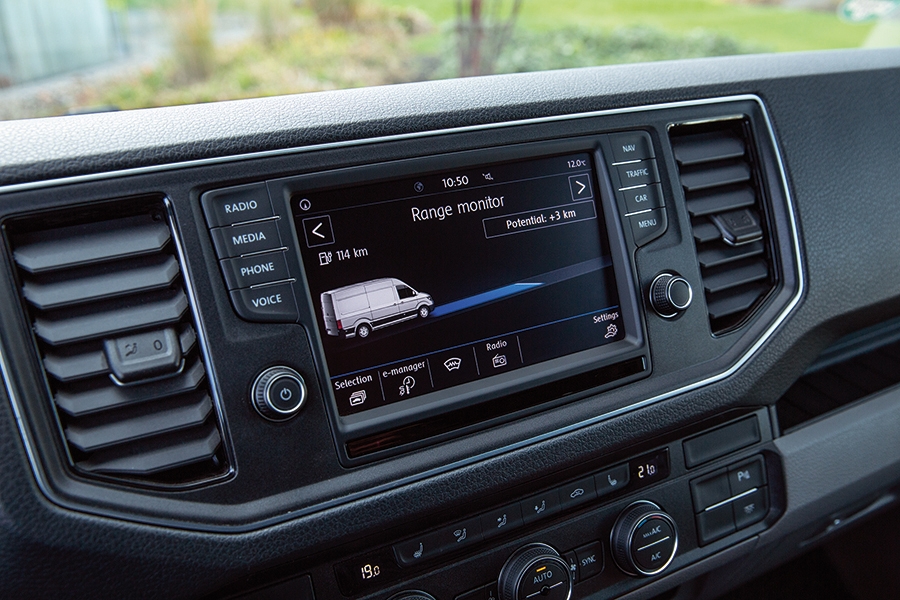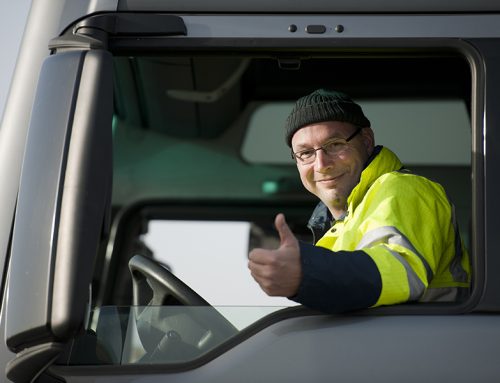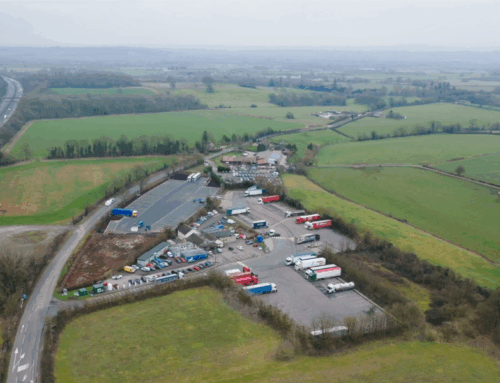Driving for Better Business looks at some of the challenges in deciding whether electric vans are right for your fleet.
The speed of change and the growth in vehicle technology expected in the coming years is something that consistently causes a lot of concern and uncertainty for many van-operating businesses in the UK.
This makes sense when you consider the backdrop of the world we are living in – Clean Air Zones and Low Emission Zones are popping up across the breadth of the country and many businesses are increasingly being encouraged, whether by local authorities, trade press, or ever tighter Government regulations, to actively embrace new technologies such as electric vans.
Electric vans in particular are being heralded right now as the “magic bullet” and answer to all of our growing concerns about emission standards. Electric vans, we’re told, will help businesses boost your Corporate Social Responsibility points and help you to better meet restrictions upon access to many cities.
There are many truths to this of course and electric vans really do tick the boxes on so many levels for a lot of businesses. But are electric vehicles the only way to solve the issues being faced by the commercial vehicle industry particularly? Are they the right choice for you? And, importantly, if not, where do we go from here?
Electric vans certainly aren’t the only option and they are not a cure-all solution – mainly because there are just so many factors to be considered as part of running any vehicle operation. The key to breathing a new lease of life into, and ‘future proofing’ your van fleet is expert planning, and realising that what might be the elixir of success for another similar organisation just may not be the right fit for you. This is truly the time for businesses to embrace their operational differences and to turn those into a fleet-focused success.
Firstly, businesses looking at this issue really need to take a deep dive look into exactly what they are using their vehicles for. Are your drivers up and down motorways all day, for example? If so, a fully electric van is unlikely to be able to do this whereas a plug-in hybrid would be a greener, cheaper, solution. Equally a diesel or petrol van will continue to be a good option. Are your vehicles spending a lot of time in Clean Air Zones? Even this factor alone might not automatically mean that a fully green fleet is for you. The most recent diesel and petrol vans are still usually compliant with the emission thresholds in these cities.
Another factor not often considered is the people at the very heart of your fleet – your drivers. Do they have the authority to take the vehicle home?
Charging fully electric vehicles could mean making some compromises, both in daily operations and in supporting those making use of them. Some businesses currently considering this exact issue are deciding to control their fully electric van fleet in the same way as their Heavy Van (over 3.5 tonne) fleet. Vans are likely to be based at depot sites going forward rather than at employees’ homes to ensure that they are charged at business’ cost, with no concerns about potential reimbursement or paid electric charge against expenses.
Where electric vans really do “score” is in short distance and regular operations where a business has need of a vehicle that is environmentally sensitive. So, for a supermarket doing home deliveries in a built-up area or a local authority delivering school equipment – this technology can be ideal.
Fleets of the future are likely to contain hydrogen fuel cells, electric turbines, hybrid powertrains, battery electric vans, and so much more. What is certain however is that even with the relentless and rapid changes in vehicle technology, the traditional internal combustion engine is here to stay – for now at least.If businesses’ can truly begin to embrace these challenges they’ll see that this is also a time of great opportunity. An opportunity to diversify, to save, and to make an impactful difference to their fleet of the future.
Your perfect blend is out there – you only need seek it. With some very careful planning.






